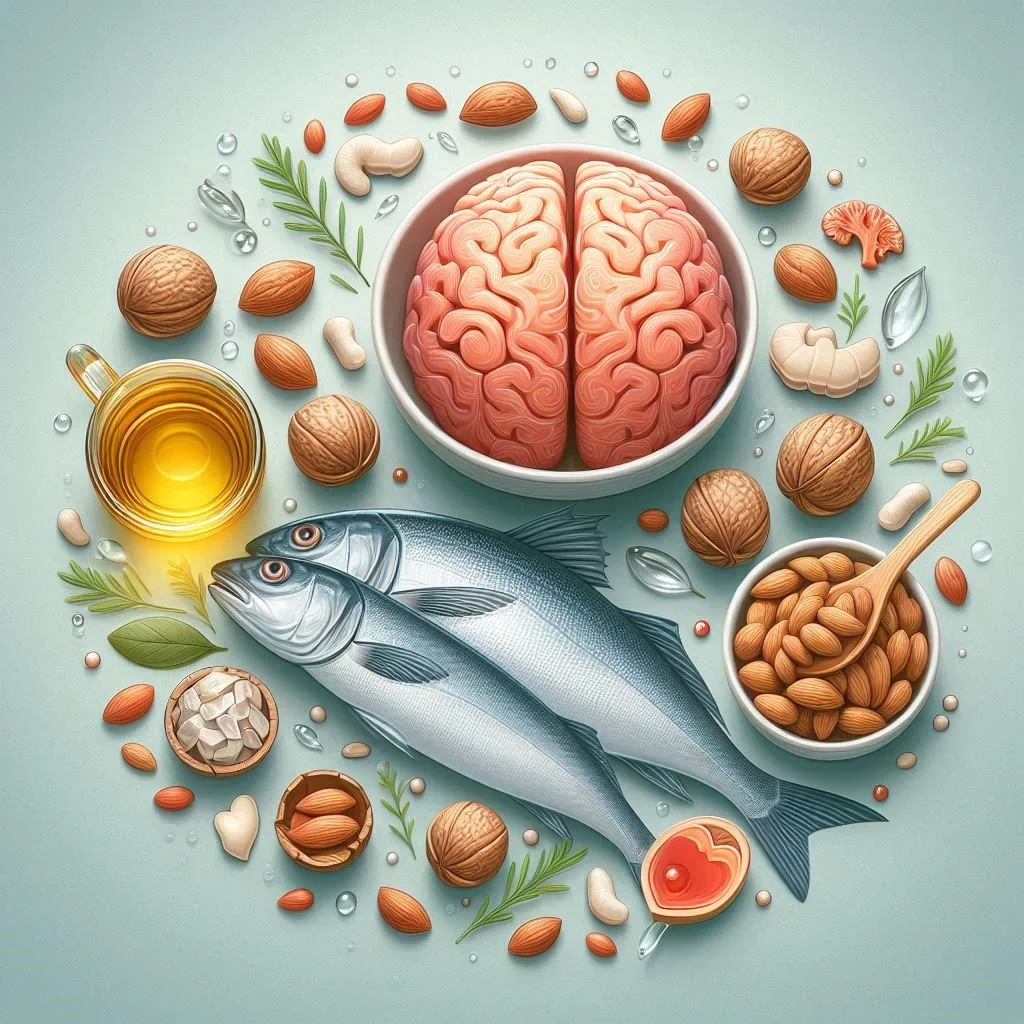Omega-3s and Heart Health: The Key to a Stronger Cardiovascular System
Heart disease remains one of the leading causes of death worldwide, but there are ways to protect your heart naturally. One of the most effective dietary strategies for cardiovascular health is incorporating omega-3 fatty acids. These essential nutrients, found in fish, nuts, and seeds, have been extensively studied for their heart-protective benefits.
What Are Omega-3 Fatty Acids?
Omega-3s are a group of polyunsaturated fatty acids that provide numerous health benefits, particularly for the heart. The three primary types are:
Eicosapentaenoic acid (EPA) – Found in fatty fish, EPA helps lower inflammation and reduce the risk of heart disease.
Docosahexaenoic acid (DHA) – Also present in fish, DHA supports brain function and cardiovascular health.
Alpha-linolenic acid (ALA) – Found in plant sources like flaxseeds and walnuts, ALA can be converted into small amounts of EPA and DHA in the body.
How Omega-3s Support Heart Health
Lowering Blood Pressure – High blood pressure increases the risk of heart disease. Omega-3s help relax blood vessels and improve circulation.
Reducing Triglycerides – Elevated triglyceride levels are linked to heart disease. Omega-3s significantly lower these levels, promoting a healthier lipid profile.
Decreasing Inflammation – Chronic inflammation is a key factor in heart disease. Omega-3s help combat inflammation and protect blood vessels.
Preventing Arrhythmias – Irregular heartbeats can lead to serious complications. Omega-3s contribute to stable heart rhythms.
Improving Arterial Function – By enhancing blood vessel elasticity, omega-3s reduce the risk of plaque buildup and arterial blockages.
Best Sources of Omega-3s for Heart Health
To reap the cardiovascular benefits of omega-3s, include these foods in your diet:
Fatty Fish: Salmon, mackerel, sardines, and trout
Nuts and Seeds: Walnuts, flaxseeds, chia seeds, and hemp seeds
Plant Oils: Flaxseed oil, canola oil, and walnut oil
Fortified Foods: Some dairy products, eggs, and beverages are enriched with omega-3s
Practical Tips for a Heart-Healthy Diet
Aim for at least two servings of fatty fish per week.
Add flaxseeds or chia seeds to smoothies, oatmeal, or yogurt.
Use plant-based oils in cooking and salad dressings.
Snack on a handful of walnuts instead of processed foods.
Consider omega-3 supplements if dietary intake is insufficient.
Final Thoughts
Prioritizing omega-3s in your diet is a natural and effective way to support heart health. By making simple yet powerful dietary changes, you can significantly lower your risk of heart disease and improve overall well-being. Start incorporating more omega-3-rich foods today for a healthier tomorrow.
#StrokePrevention #StrokeRecovery #HealthyEating #BrainHealth #Superfoods
#HeartHealth #Nutrition #HealthyRecipes #Omega3 #Hydration #SmoothieRecipes
#NourishYourBody #HealthyLiving #EatWellLiveWell #StrokeAwareness #saosiamfood
#saosiam
